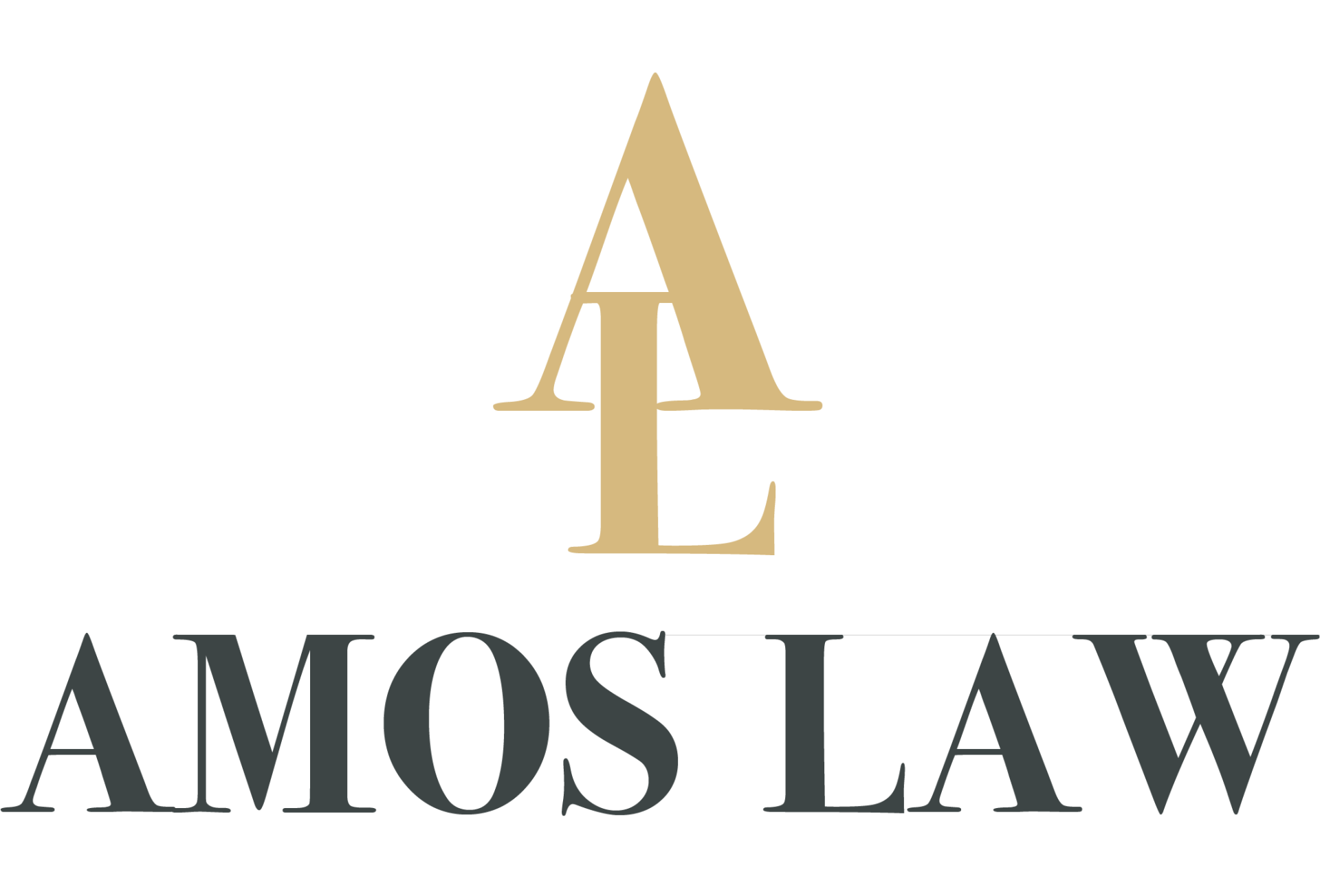How to Create a Valid Power of Attorney in North Carolina: A Step-by-Step Guide

Comparing General and Durable POAs in NC
| Feature | General POA | General POA Durable POA |
|---|---|---|
| Effect During Incapacity | Invalid | Remains valid |
| Typical Use | Typical Use Short-term transactions | Ongoing financial/legal management |
| Termination | Revocation, death, or incapacity | Only by revocation or death |
A Power of Attorney (POA) is a vital legal document that allows an individual (the "principal") to designate another person (the "agent" or "attorney-in-fact") to manage their affairs. In North Carolina, POAs must comply with state laws to ensure enforceability.
This guide provides a detailed, step-by-step process for establishing a legally valid Power of Attorney in North Carolina, covering:
- Types of POAs (Durable, Healthcare, Financial)
- Legal requirements for validity
- Accessing no-cost NC POA forms
- Notarization and witness rules
- Revocation procedures
- Key questions about POA use in North Carolina
Whether assisting elderly parents, overseeing financial matters, or preparing for medical decision-making, this guide ensures adherence to North Carolina POA statutes.
1. Understanding Power of Attorney in North Carolina
Types of Power of Attorney in NC
North Carolina law recognizes several POA categories, each serving distinct purposes:
- General Power of Attorney – Grants broad authority but terminates if the principal becomes incapacitated.
- Durable Power of Attorney (DPOA) – Remains effective even if the principal loses capacity (commonly used for financial and legal matters).
- Healthcare Power of Attorney (HCPA) – Authorizes medical choices only when the principal cannot communicate.
- Limited (Special) Power of Attorney – Delegates authority for
specific actions (e.g., real estate transactions).
2. Establishing a Power of Attorney in NC
Step 1: Determine the Appropriate POA Type
- For financial management, use a Durable POA.
- For healthcare decisions, execute a Healthcare POA.
- For temporary needs, a General or Limited POA may be suitable.
Step 2: Appoint a Dependable Agent
- Choose someone trustworthy, organized, and willing to act in your interests.
- You may designate multiple agents (either jointly or separately).
Step 3: Obtain a Proper NC POA Form
- No-cost Power of Attorney forms for North Carolina:
- NC Statutory Short Form POA (financial matters)
- NC Advance Directive (healthcare)
- Custom-drafted forms from a legal professional ensure full compliance.
Step 4: Fulfill North Carolina POA Requirements
For a POA to be legally binding in NC, it must:
- Be signed by the principal (or at their explicit direction).
- Be notarized (mandatory for financial POAs).
- Include two witness signatures (for Healthcare POAs).
- Be executed while the principal has legal mental capacity.
Step 5: Complete Notarization
- Financial POAs require notarization.
- Healthcare POAs need two witnesses (notaries are optional).
- Electronic notarization is legally recognized in NC.
Step 6: Distribute Executed Copies
- Provide copies to:
- Your appointed agent(s)
- Financial institutions
- Medical providers (if a Healthcare POA)
3. Legal Requirements for NC Power of Attorney
To be enforceable, a North Carolina POA must satisfy these conditions:
- Principal must be at least 18 years old and mentally sound when signing.
- Clear terms outlining the agent’s powers.
- Proper execution (notarization/witnesses as required).
- Absence of coercion or fraud in creation.
Is Legal Assistance Necessary for a POA in NC?
- Not mandatory, but recommended for:
- Complex estates
- Potential family conflicts
- Unique delegation needs (e.g., business operations)
4. Terminating a Power of Attorney in North Carolina
A POA may be revoked through:
- Written revocation (signed and notarized).
- Physical destruction of the document with intent to cancel.
- Execution of a new POA replacing the prior version.
- Principal’s death (automatic termination).
Notification Protocol: Inform all relevant parties (agent, financial institutions, healthcare providers).
5. Key Questions Answered
1. Can an Agent Transfer Funds Under a POA in North Carolina?
- Yes, if the POA grants financial authority. Agents must act in the principal’s best interest—misuse carries legal consequences.
2. POA Considerations for Aging Parents in NC
- A Durable POA is ideal for managing finances if parents become incapacitated.
- A Healthcare POA ensures medical preferences are honored.
3. Sources for No-Cost POA Forms in North Carolina
- NC Judicial Center (www.nccourts.gov)
- Legal Aid of NC (www.legalaidnc.org)
4. Notarization Requirements for Healthcare POAs in NC
- Not required, but two witnesses must sign (excluding the agent or treating physician).
Conclusion
Creating a valid Power of Attorney in North Carolina requires selecting the appropriate type, proper drafting, and correct execution. Whether for financial oversight, healthcare planning, or elder care, compliance with NC POA regulations prevents disputes and ensures seamless decision-making.
For intricate situations, consulting a qualified attorney is advisable. By utilizing compliant NC POA forms, adhering to notarization protocols, and understanding revocation steps, you can effectively secure your legal and medical interests.
Recommended Actions
- Download a no-cost NC POA form.
- Seek legal counsel for tailored POAs.
- Notify your agent and relevant organizations.
This guide equips you to establish a legally sound Power of Attorney in North Carolina with confidence.



